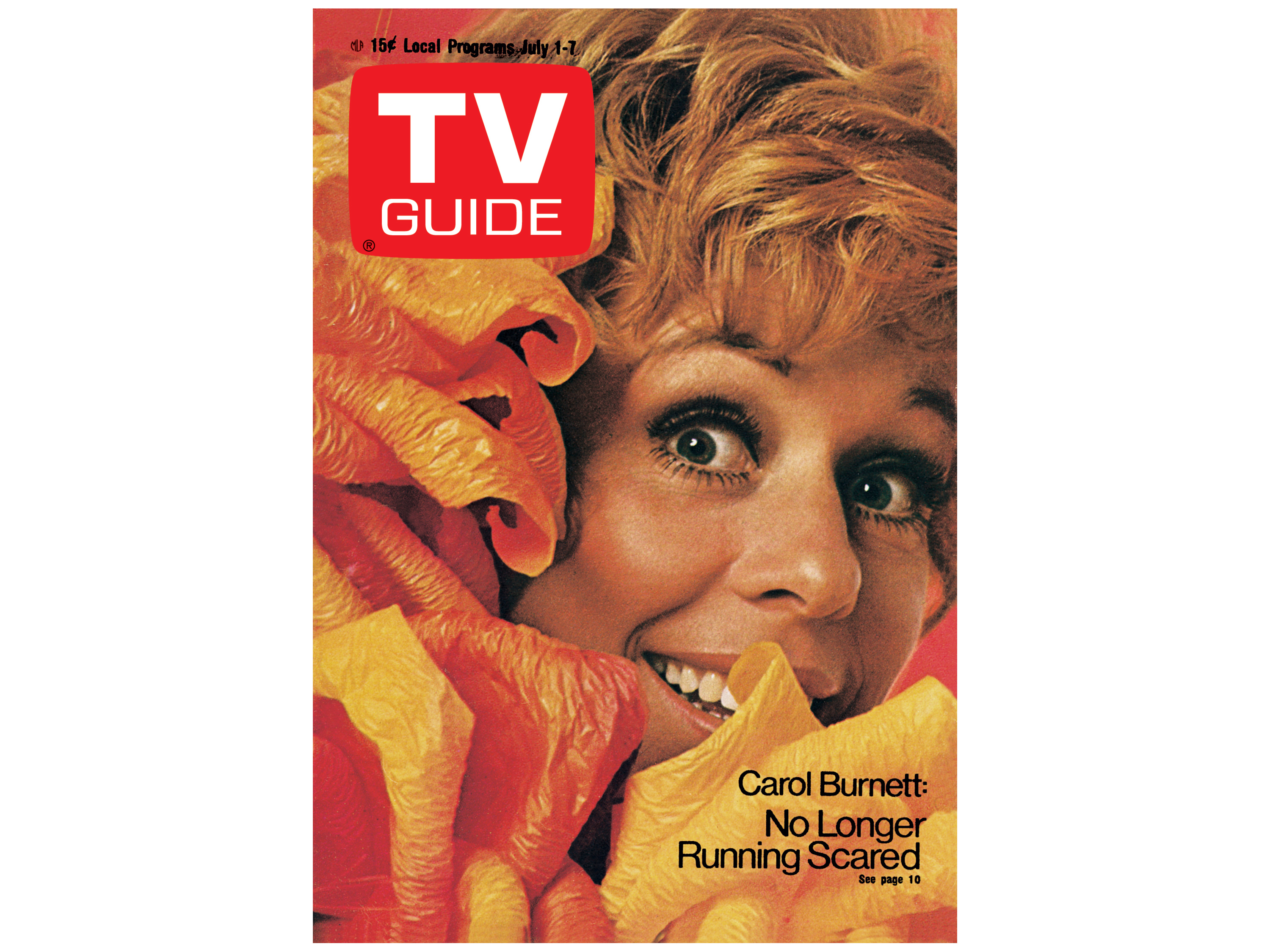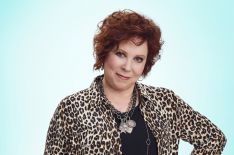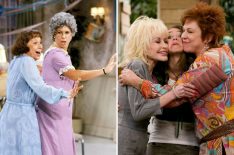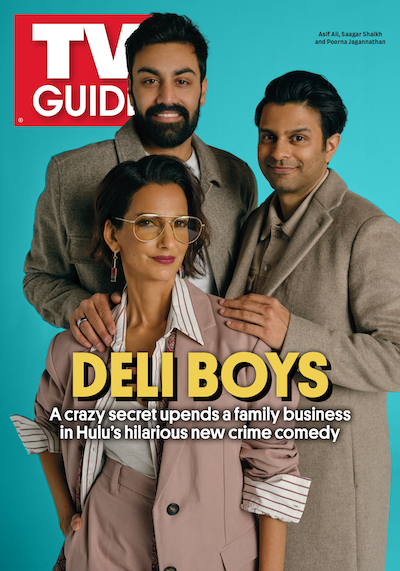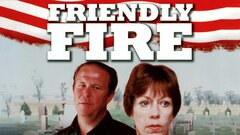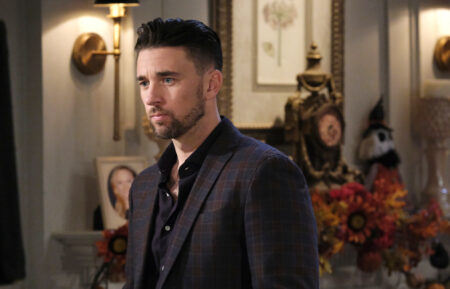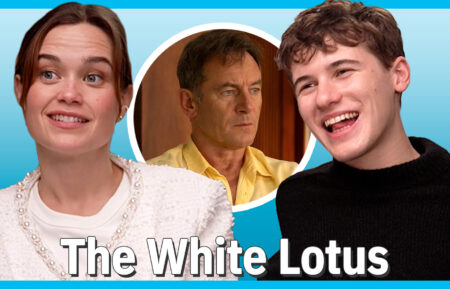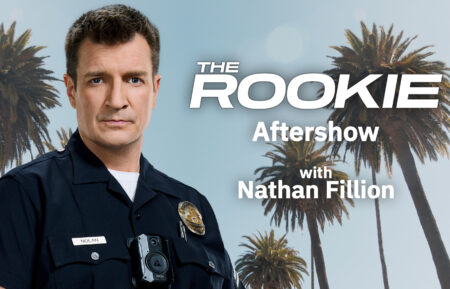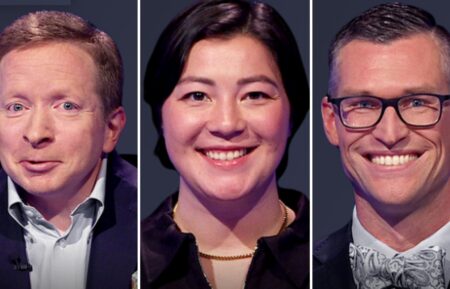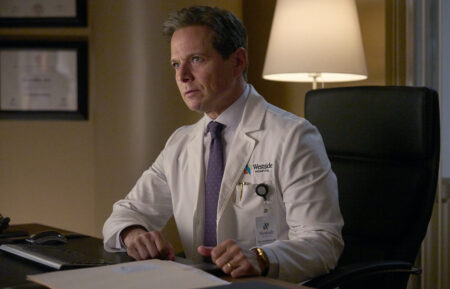‘Friendly Fire’: Carol Burnett Looks Back on the Role That Changed Her Career
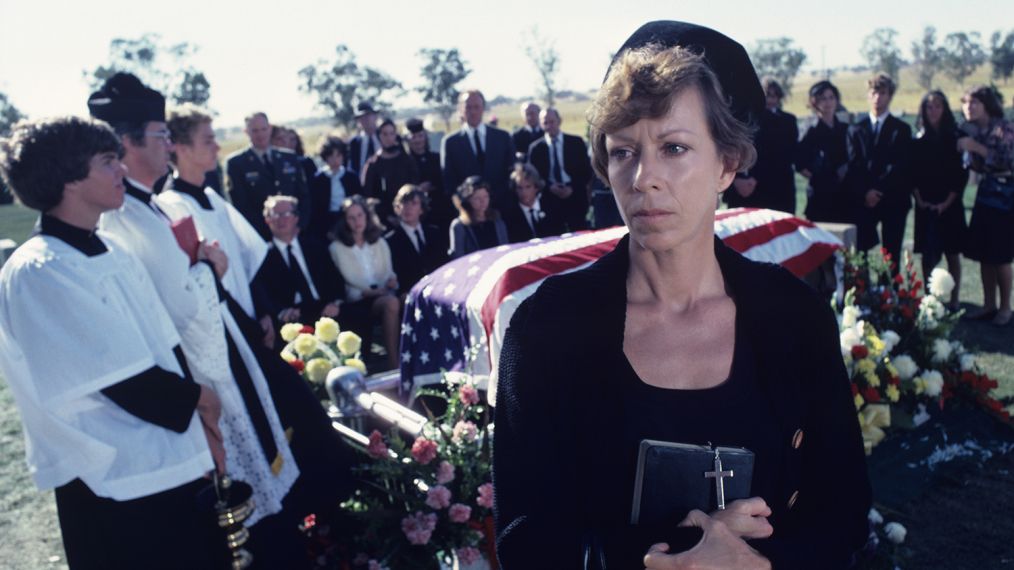
Q&A
When Carol Burnett wrapped the final taping for her eponymous variety show in 1978, she sat alone on a darkened stage and spoke directly to the audience. “Change is growth,” she said. “It’s hard, because all of us around here truly did become a second family…. And I know the love that we have shared can never be measured by time.”
Fans weren’t the only ones riveted. Producers of the 1979 ABC TV movie Friendly Fire were also watching. Her frank, heartfelt farewell led them to cast her in the gripping true story of Peg and Gene Mullen (Burnett and Ned Beatty), Iowa parents determined to learn how their soldier son Michael (Dennis Erdman) had been killed in Vietnam during a training exercise gone wrong. (The couple’s search for answers — and pleas for government transparency — were chronicled in the book Friendly Fire by writer C.D.B. Bryan, played by Sam Waterston in the movie.)
Roughly 64 million people watched Friendly Fire on April 22, 1979, and saw a different side of Burnett, who would later earn an Emmy nod for the gut-wrenching role. While the next decade of her TV career included guest spots on hit comedy Mama’s Family, she also appeared in five dramatic TV movies. To commemorate the 40th anniversary of Friendly Fire (available on Amazon Video), the 86-year-old legend looks back on why it struck such a chord.
What did you think when you read the script?
Carol Burnett: “Well, they’ve sent it to the wrong person.” I was shocked that they were thinking of me. Back then, you were pigeon-holed: Either you’re a comic or you’re a dramatic actor. Friendly Fire was a big break for me, to be a whole person as opposed to just somebody who makes funny faces.
C.D.B. Bryan wrote you a letter praising your performance: “Now, thanks to you, all of Peg’s rage and anguish and frustration will become understood.” We rarely see Peg break down. How did you embody her strength?
There was a lot that went on when I was a kid that I had to be stoic about. My mom and dad were alcoholics. And that’s what happens with a lot of kids who have that problem, I think. Either they succumb to [drinking] themselves or they just kind of brush it aside. It’s there, but you’re afraid to address it.
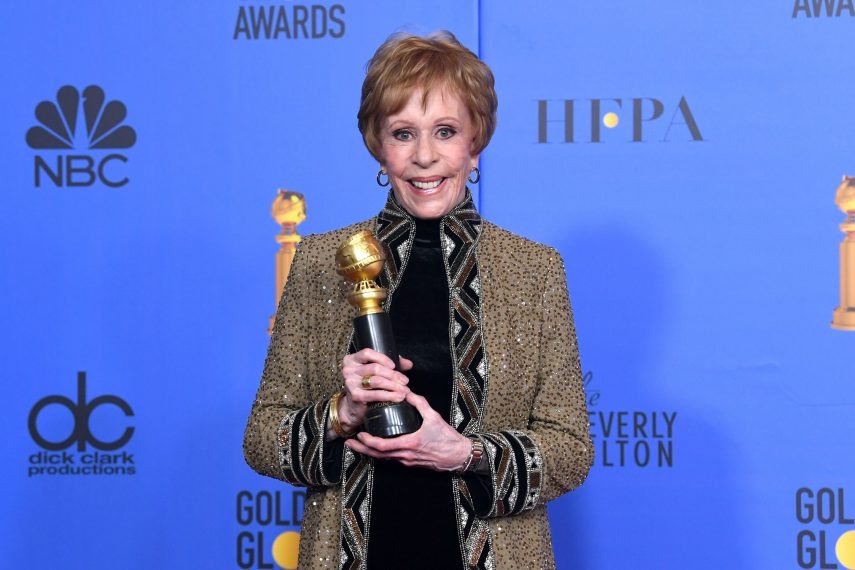
(Credit: Kevin Winter/Getty Images)
You wrote back to Bryan and said you were going to frame his letter. Did you?
Yes, I did, because it was so personal from him. It was in my office.
Some scenes, such as the long drive to the Mullen farm to deliver the news of Michael’s death, play out slowly. The pain becomes palpable.
That was the way it was directed [by Emmy winner David Greene]. Nowadays, it’s got to be slam, bam, thank you, ma’am. They gave the audience a chance to breathe because it was so real.
Did the huge ratings surprise you?
They surprised everybody. When I was doing my show, we would average 30 million people a week. Because there were only three networks, there were usually huge audiences for all three of them. So twice that for Friendly Fire was amazing, because it was a serious [topic].
Are you working on anything now?
There’s a project based on one of my books that’s very close to being given the go-ahead for a film. I don’t want to jinx it!
Friendly Fire, Streaming now, Amazon Prime Video
From TV Guide Magazine
Crime, Comedy & Convenience Stores: Unwrapping Hulu's 'Deli Boys' With the Cast
Cupcakes, corndogs…and cocaine?! Two brothers find themselves in a hilarious pickle when they inherit an unseemly bodega biz in Hulu’s new comedy Deli Boys. Find out how The Sopranos and Real Housewives of Orange County influenced the cast. Read the story now on TV Insider.

